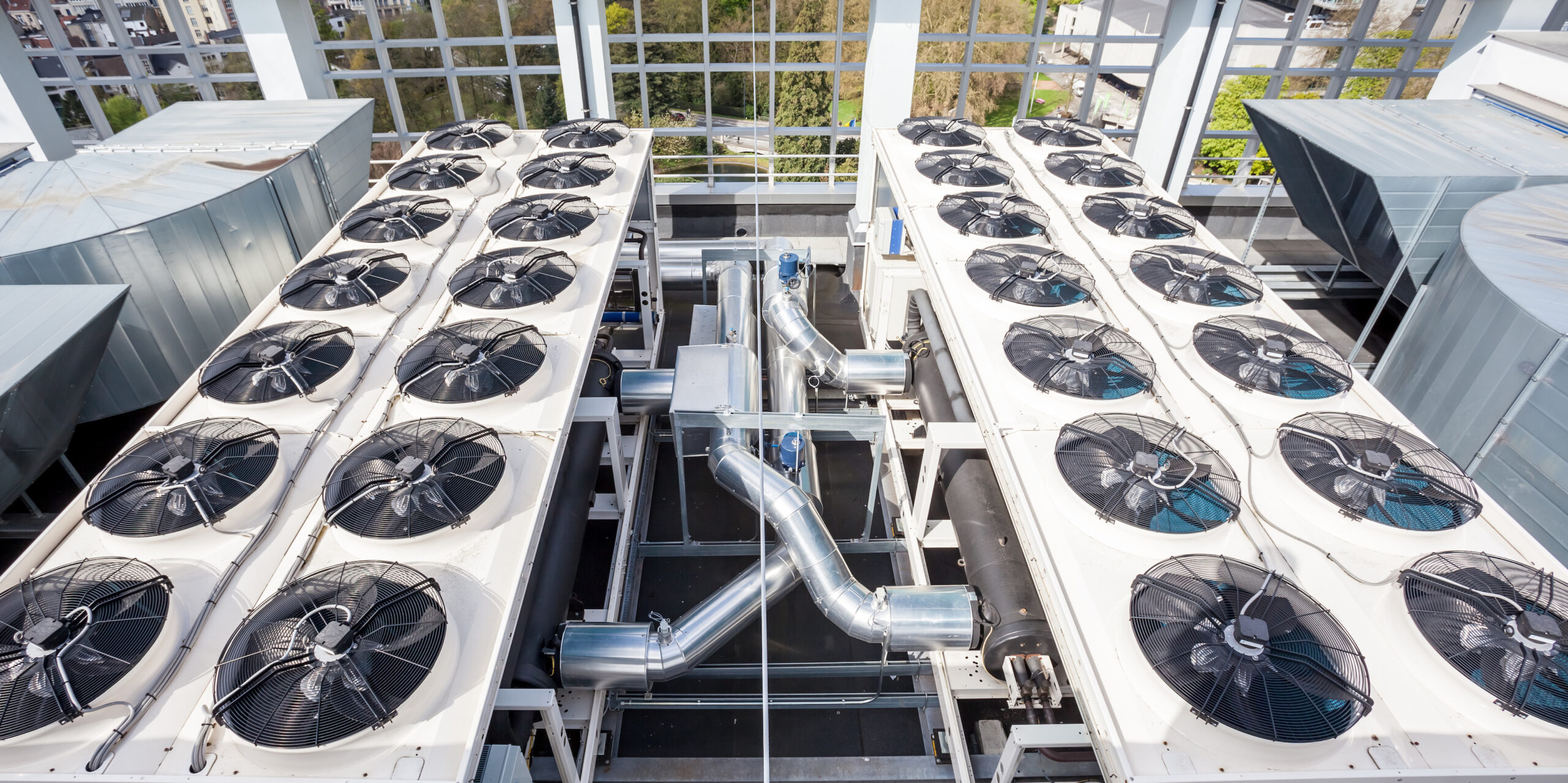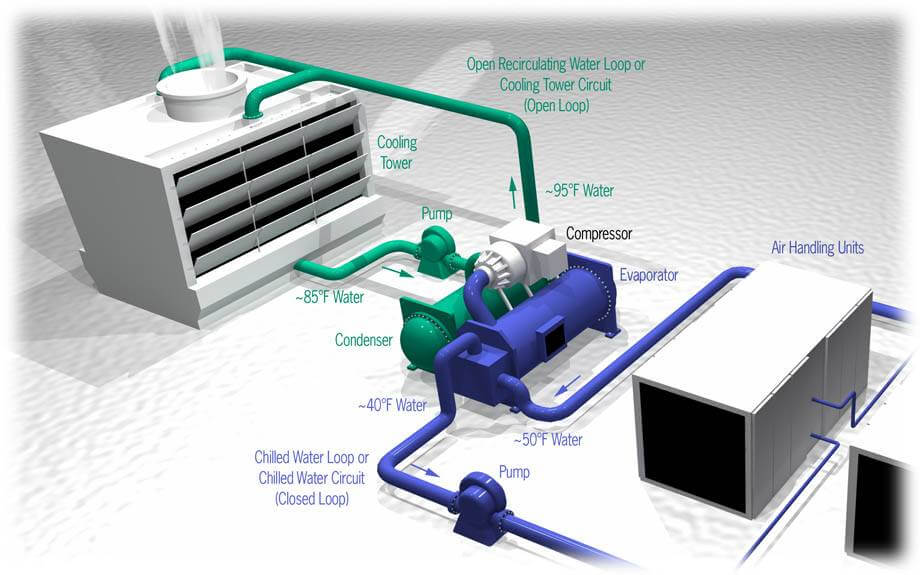Expert Boiler Repair Services To Ensure Your System Operating Efficiently
Expert Boiler Repair Services To Ensure Your System Operating Efficiently
Blog Article
Your Overview to Selecting the Right HVAC System for Your Needs
Picking an appropriate a/c system is a critical choice that can dramatically impact comfort and power effectiveness in your home. Numerous aspects should be evaluated, including the size of your home, local environment conditions, and specific home heating or cooling down demands. In addition, recognizing the various types of systems readily available and their power ratings can help lead your selection. By evaluating these components very carefully, you can stay clear of common mistakes. What vital factors to consider should you focus on to guarantee your investment satisfies both lasting and prompt requirements?
Recognizing A/c System Kind
When choosing a heating and cooling system, it is important to understand the various kinds offered to meet your certain requirements. The main groups of a/c systems consist of air conditioning systems, ductless mini-split systems, heatpump, and heating system systems.
Central air conditioning systems are made to cool down numerous areas using ductwork to disperse conditioned air. They are perfect for larger homes requiring constant temperature control. Ductless mini-split systems, on the other hand, supply adaptability and performance, as they permit zoning abilities, enabling specific area temperature law without the requirement for ductwork.
Heat pumps operate by moving warmth instead than producing it, making them an energy-efficient alternative for both heating and cooling. On the other hand, heating system systems make use of burning to produce warmth, utilizing either oil, electrical power, or gas.
Each system has unique benefits and factors to consider, consisting of installation demands, maintenance, and total costs. Understanding these types will certainly assist house owners make notified decisions based on their certain requirements, environment, and budget plan restrictions, eventually ensuring optimum convenience and performance.
Examining Energy Performance
Power performance is a vital variable in the choice of a HVAC system, as it directly affects both utility prices and ecological sustainability. When examining energy efficiency, numerous metrics and rankings can aid guide your choice. The Seasonal Power Effectiveness Ratio (SEER) and the Heating Seasonal Efficiency Aspect (HSPF) are vital indicators for a/c systems, representing their effectiveness over a regular cooling and home heating period, specifically. Greater SEER and HSPF rankings suggest far better power performance, causing lowered energy intake.
Furthermore, look for systems that have earned the power celebrity label. This qualification symbolizes that the devices meets rigorous power efficiency guidelines established by the U.S. Environmental Security Agency. Take into consideration the system's variable-speed innovation, which permits more effective procedure by changing the output to match need, additionally enhancing power savings.
Furthermore, correct insulation and air duct sealing can dramatically influence the system's total performance. In recap, selecting an energy-efficient a/c system not only decreases your energy expenses but likewise adds to a more lasting environment, making it a necessary factor to consider in your getting procedure.
Assessing System Dimension
Choosing the ideal dimension for a HVAC system is important to making certain ideal efficiency and efficiency. An undersized system may have a hard time to keep desired temperatures, causing boosted deterioration, greater power usage, and lessened comfort. On the other hand, a large system can lead to fast cycling, which not just triggers inefficiencies yet likewise impacts moisture control and air quality.
To analyze the perfect sizing, it is necessary to perform a tons estimation, which thinks about elements such as the square footage of the space, insulation levels, home window dimensions, and neighborhood environment problems - furnace installation. This calculation assists identify the British Thermal Systems (BTU) needed for heating and air conditioning. In addition, it is important to make up particular requirements, anonymous such as the number of owners and the existence of heat-generating appliances

Installment Expenses and Budget
A thorough understanding of installment costs is important for services and property owners thinking about a new cooling and heating system. The complete expense of installation can differ commonly based on numerous factors, including the sort of system, the complexity of installation, and the location of the property. Typically, installation prices can vary from $3,000 to $10,000, relying on the system's size and performance.
When budgeting for a heating and cooling system, it is critical to take into consideration not just the initial setup costs yet additionally any type of additional costs that may develop, such as ductwork modifications, electric upgrades, or permits. Furthermore, it is suggested to get numerous quotes from licensed a/c specialists to make sure competitive rates.
Property owners ought to also consider the possible long-lasting savings related to energy-efficient systems. While the upfront costs might be greater, energy-efficient versions can cause substantial financial savings on utility costs gradually.

Maintenance and Longevity Considerations

Proper upkeep consists of regular inspections, filter substitutes, and cleansing of coils and air ducts (air duct cleaning coquitlam). Overlooking these jobs can result in lowered performance, enhanced power expenses, and early system failure. Property owners must also consider the availability of service agreements, which usually offer scheduled upkeep and top priority service, making certain that the system remains in peak problem
Long life varies by system kind; as an example, properly maintained central air systems can last 15 to two decades, while heat pumps may have a lifespan of 10 to 15 years. Choosing a system with a solid track record for integrity, along with purchasing regular maintenance, can significantly boost the system's toughness. Additionally, going with higher-efficiency models might cause lasting savings on power costs, balancing the initial investment in time.
Verdict
Finally, picking a suitable HVAC system requires cautious consideration of various variables, consisting of system kinds, power efficiency, and dimension. Assessing setup costs and long-term upkeep demands is crucial for guaranteeing optimal efficiency and cost-effectiveness. Involving with reference cooling and heating experts can give beneficial understandings and customized referrals that line up with certain home heating and cooling down needs. Inevitably, a knowledgeable choice will enhance convenience and efficiency in household atmospheres while optimizing energy cost savings.
Choosing a proper Cooling and heating system is a vital decision that can substantially impact convenience and power efficiency in your home.Power efficiency is an important element in the choice of a Cooling and heating system, as it straight affects both utility expenses and ecological sustainability. The Seasonal Energy Performance Ratio (SEER) and the Heating Seasonal Performance Element (HSPF) are important indicators for air conditioning systems, representing their effectiveness over a normal cooling and heating period, specifically. Choosing a system with a solid reputation for reliability, along with investing in regular upkeep, can considerably enhance the system's durability.In conclusion, choosing an ideal Heating and cooling system requires careful factor to consider of various aspects, Recommended Site including system types, energy effectiveness, and dimension.
Report this page